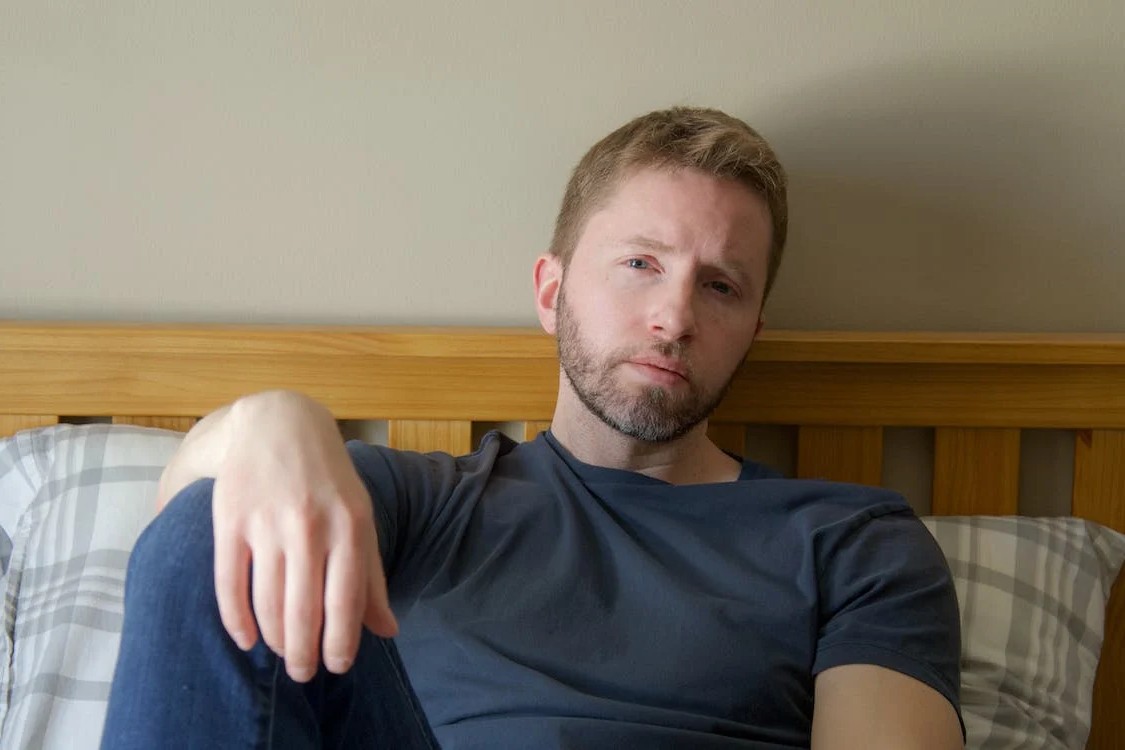When you consider addiction, you might think of it in personal terms – the damage to one’s health, relationships, and future. But have you thought about the wider, societal cost of addiction? And the question that naturally arises is, who ends up paying the bill?
The cost of addiction extends far beyond the person who is using. It permeates every level of society, from families to communities to entire nations. When we consider South Africa, the societal impact of substance abuse is profound. Not only does addiction place a significant burden on the health system, but it also fuels crime, disrupts education, and stalls economic productivity.
The financial impact can be staggering. For instance, alcohol abuse alone was estimated to cost South Africa around 165.5 billion ZAR in 2009 – a figure that represents a significant chunk of the country’s GDP. That’s a bill shared by everyone – from your family in the form of personal distress and lost wages, to communities dealing with increased crime and reduced safety, and taxpayers funding overstretched health and criminal justice systems.
Let’s consider some questions you may have:
1. If addiction treatment is expensive, why should we fund it? While there is an upfront cost for addiction treatment, studies show that for every dollar spent on addiction treatment programs, there’s a 7-fold return on investment due to reduced drug-related crime, criminal justice costs, and theft alone.
2. Is the cost of addiction higher in South Africa compared to other countries? Factors like socioeconomic conditions, prevalence of substance use, and the strength of public health infrastructure influence the cost of addiction in any given country. While exact comparisons are challenging, it’s evident that South Africa faces significant costs due to high rates of substance abuse.
3. What are the hidden costs of addiction? These can include lost productivity, strained social services, and the emotional toll on families and communities.
4. Why is funding addiction treatment beneficial despite its high cost? Research indicates that for every dollar expended on addiction treatment programs, there is a sevenfold return on investment due to the decrease in drug-induced crime, criminal justice costs, and theft.
You might have understood addiction as a personal crisis – but have you taken into account the broader, societal repercussions it embodies? This brings us to the elephant in the room – who’s accountable for the economic burden of addiction?

The pecuniary consequences of substance abuse are more far-reaching than just the individuals afflicted. It pervades all layers of society, affecting families, communities, and entire nations. In the South African context, addiction incurs a profound societal impact, not merely overloading the healthcare system, but also spurring crime, impeding education, and constraining economic growth.
Let’s dive deeper into the financial ramifications. Consider, for instance, that the cost of alcohol abuse in South Africa alone was approximately 165.5 billion ZAR in 2009 – an enormous portion of the country’s GDP. This cost is dispersed among every individual – it affects families through personal grief and income loss, communities through escalated crime and diminished safety, and taxpayers who foot the bill for overburdened health and criminal justice systems.
Below are the key aspects of the societal cost of addiction:
- Healthcare Costs: Hospitalizations, treatments, and ongoing care for those suffering from addiction contribute to escalating healthcare expenses.
- Crime-Related Expenses: Increased police enforcement, judicial proceedings, and correctional facility expenditures are tied to substance-induced crimes.
- Loss of Productivity: Substance abuse can diminish the work output of individuals, affecting businesses and overall economic progress.
Moving forward, the query becomes not whether we can manage to address addiction, but whether we can afford to ignore it. As South Africans, it’s your shared responsibility to push for change – from endorsing research-backed drug policies to nurturing open conversations about addiction within your communities.
Remember, addiction isn’t merely a personal fight; it’s a societal one. And just like any societal problem, the duty to tackle it and share its costs falls on everyone. By working to minimize addiction, we are investing in a healthier, safer, and more prosperous society. The adage ‘prevention is better than cure’ holds particularly true here – not only is it more beneficial, but also considerably less expensive. Together, you can make strides towards a society where the cost of addiction is a burden no one has to bear.

